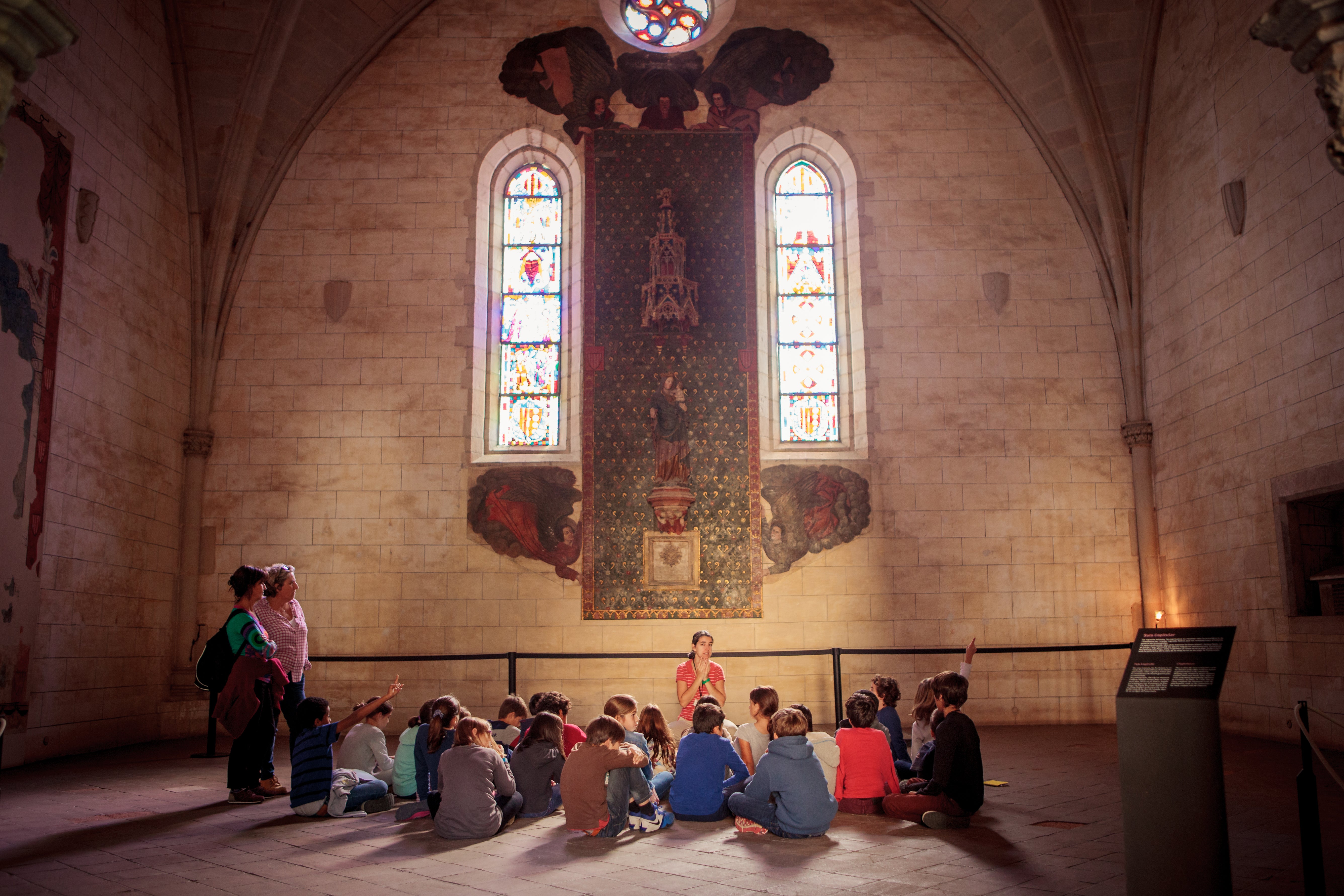Museum and theatre trips do not yield higher GCSE results, study finds
Research suggests that reading activities have more impact on GCSE grades than highbrow cultural capital

Your support helps us to tell the story
From reproductive rights to climate change to Big Tech, The Independent is on the ground when the story is developing. Whether it's investigating the financials of Elon Musk's pro-Trump PAC or producing our latest documentary, 'The A Word', which shines a light on the American women fighting for reproductive rights, we know how important it is to parse out the facts from the messaging.
At such a critical moment in US history, we need reporters on the ground. Your donation allows us to keep sending journalists to speak to both sides of the story.
The Independent is trusted by Americans across the entire political spectrum. And unlike many other quality news outlets, we choose not to lock Americans out of our reporting and analysis with paywalls. We believe quality journalism should be available to everyone, paid for by those who can afford it.
Your support makes all the difference.Trips to museums and theatres have long been thought to sharpen a child’s intellect, but a new study has revealed that such cultural outings do not produce higher grades after all.
Academic research examining the impact of cultural capital, activities often labelled as “middle class”, looked into the ability of cultural visits to improve the life chances of children, and the extent to which it explains the inequality experienced by children from different financial backgrounds.
While many suggest that children from wealthier families are at an academic advantage due to their access to exhibitions and art galleries, the study did not find any correlation between higher attainment of grades at school and cultural encounters.

Instead, the researchers from the Universities of Sussex and Edinburgh found that reading activities by both parents and their children had a bigger effect on exam results. Activities such as reading for pleasure, visiting a library and discussing books at home significantly boosted GCSE results.
The authors from the study, which is due to appear in the British Journal of Sociology of Education, said that the concept of cultural capital has taken up a larger space in the government’s education policy, thus their research will have real implications for ministers.
New guidance from Ofsted states that schools will be inspected on how much exposure to cultural capital they are giving to students.
The research paper says the theory that cultural capital will increase GCSE results is “beguiling” but ultimately reports that “a set of empirical findings that do not lend any support to the view that increasing cultural capital will reduce the size of social class inequalities in school GCSE outcomes”.
However, the paper does not suggest that cultural capital activities in schools are void and highlights that extracurricular trips may in fact promote “educational enjoyment”.
Researchers used statistical models based on data from the Understanding Society survey which records the changes and stability of households in the UK.
This data was linked to educational records held in the national pupil database and then examined across cultural capital as well as reading activities.
Though this study did not find any evidence to suggest cultural visits will yield higher exam results, a 2019 study by UCL found that such trips could increase life expectancy, concluding that the more often people engage with the arts, the lower their risk of premature death.
Subscribe to Independent Premium to bookmark this article
Want to bookmark your favourite articles and stories to read or reference later? Start your Independent Premium subscription today.


Join our commenting forum
Join thought-provoking conversations, follow other Independent readers and see their replies
Comments